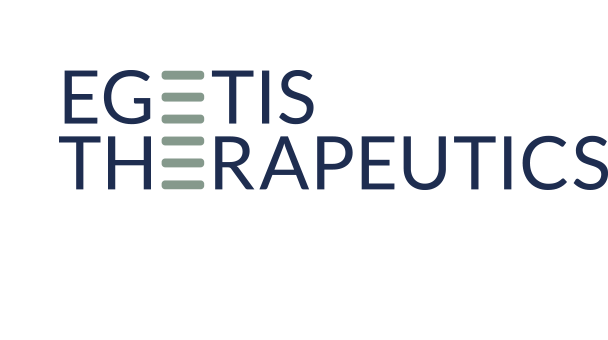Egetis submits Expanded Access Program for Emcitate® in the USA
December 7, 2022
Stockholm, Sweden, December 7, 2022. Egetis Therapeutics AB (publ) (Nasdaq Stockholm: EGTX) today announced that the Company has submitted a protocol for an Expanded Access Program for Emcitate (tiratricol) in the USA, as requested by the Food and Drug Administration (FDA).
Emcitate is under development for the treatment of patients with monocarboxylate transporter 8 (MCT8) deficiency, a highly debilitating rare disease with no available treatment, but does not yet hold regulatory approval anywhere in the world. Until now, physicians treating MCT8-deficiency patients in the USA, who are not part of an ongoing clinical trial with Emcitate, have been able to request authorization to treat patients by submitting individual Investigational New Drug (IND) requests to the FDA. As the number of diagnosed MCT8-deficiency patients has increased, with a concomitant increase in applications for individual INDs, Egetis has decided to implement an Expanded Access Program.
Nicklas Westerholm, CEO of Egetis, commented: “MCT8 deficiency is a devastating disease with no available approved treatment. Today more than 160 patients, in over 25 countries, are already being treated with Emcitate via Named Patient Use or Compassionate Use programs according to the local laws and regulations of each country, following a request by their treating physician. In the USA the number of diagnosed MCT8 deficiency patients continues to increase through enhanced disease awareness. By implementing our Expanded Access Program for Emcitate the administrative burden for treating physicians will be reduced, should they wish to prescribe Emcitate to MCT8 patients under their care.”
About FDA’s Expanded Access program
The Food and Drug Administration (FDA) regulates the development and approval for marketing of medical products in the USA. Before regulatory approval, it is not normally possible to prescribe a pharmaceutical under development outside of clinical trials. However, in the case of a serious condition or disease for which there are no satisfactory alternatives, and where a clinical trial is not an option for a patient, a physician that wishes to prescribe an unapproved therapy may request permission through FDA’s Expanded Access Program (EAP). EAPs are designed to give access to potential therapies before they are approved by the FDA and may include people not typically eligible for clinical trials. Additionally, FDA may ask a sponsor to consolidate expanded access for groups of patients under an existing IND when the agency has received a significant number of requests for individual patient expanded access to an investigational drug for the same use.

